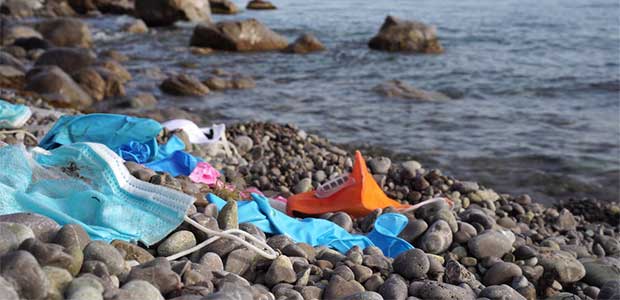
What was the impact of plastic PPE during COVID-19?
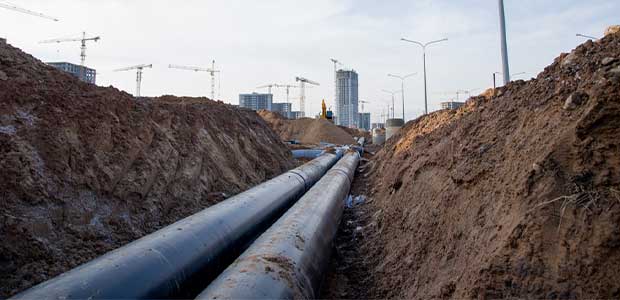
The funding from the Bipartisan Infrastructure Law will go towards projects in five municipalities.

The history-making amount of funding will support community-based nonprofits, governments, tribes and territories.
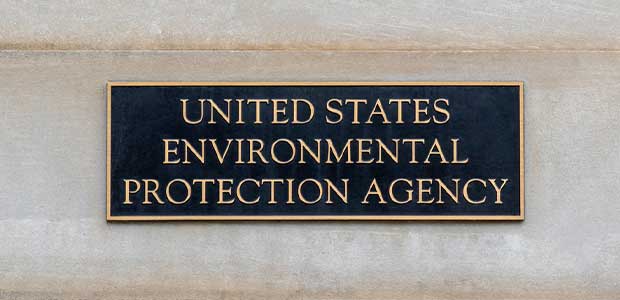
The EPA announced in early January which PFAS, also called forever chemicals, were added to the list.

More businesses have been setting a goal to become water positive. How can you do the same?

Can using bikes and e-bikes impact carbon dioxide emissions?

Understanding the data sources is just the first step, but what are the others?
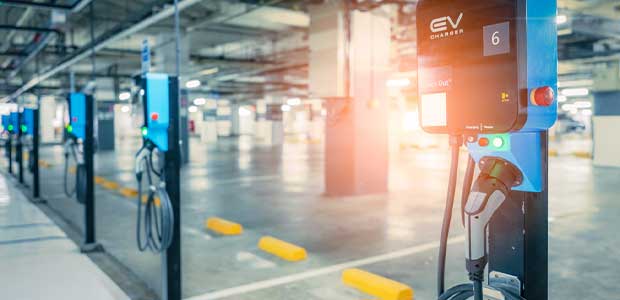
It will take some time, but it may happen sooner than you think.

Using technology can also help businesses ensure proactive environmental compliance.

The time to take small actions is gone. It's time to take bold steps now.
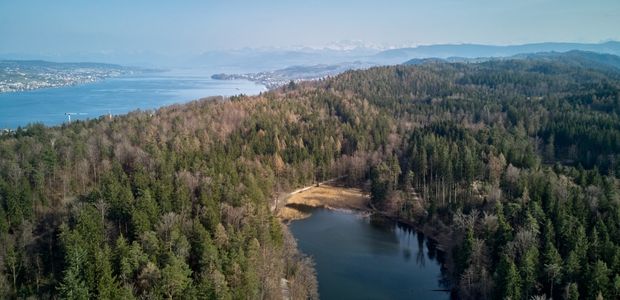
Reducing reliance on fossil fuels, preventing pollution and promoting sustainable practices can all affect Earth.
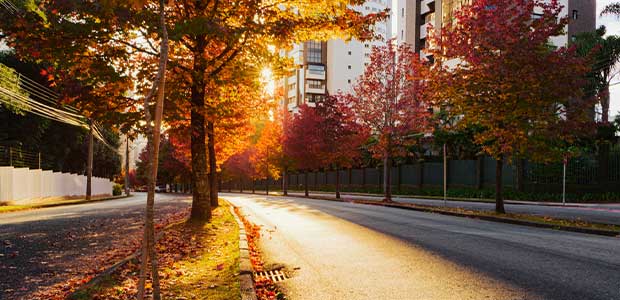
Last month’s average temperature was among the 20 warmest Novembers for Africa, Asia, Europe and South America.
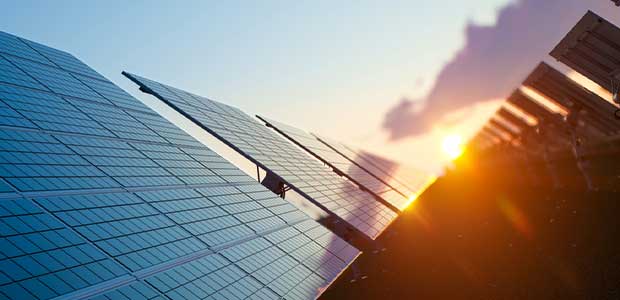
Solar panels can provide benefits for both people and the planet.
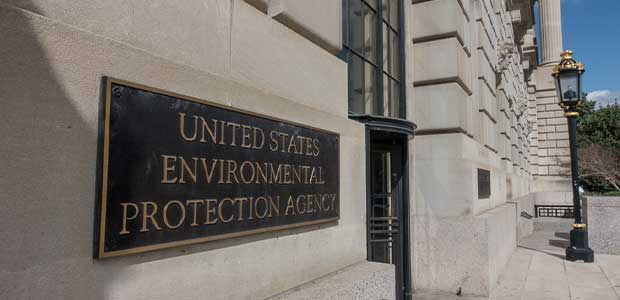
The General Mills/Henkel Corp. Superfund site was previously overseen by the Minnesota Pollution Control Agency.
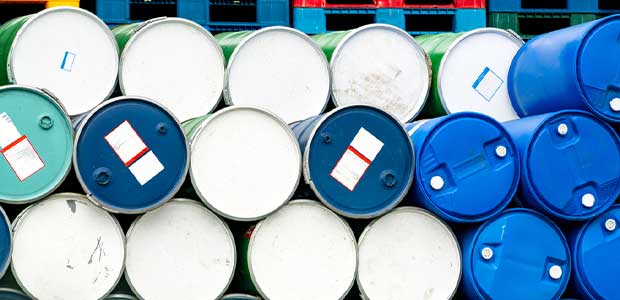
The U.S. and Wisconsin announced the settlement on December 1.
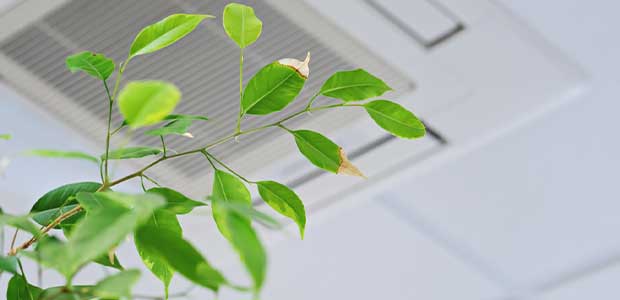
Last month, the EPA announced $53M for air pollution monitoring.
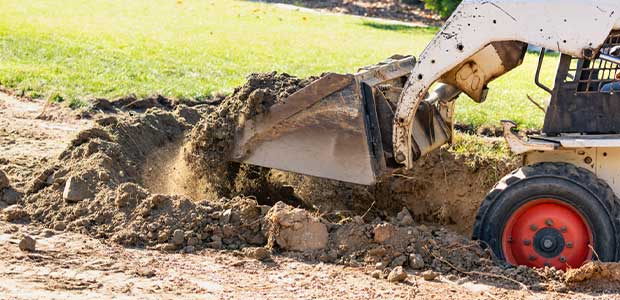
The public can comment on the EPA’s proposed cleanup plan of mercury-contaminated soil at the New Jersey site until December 12.
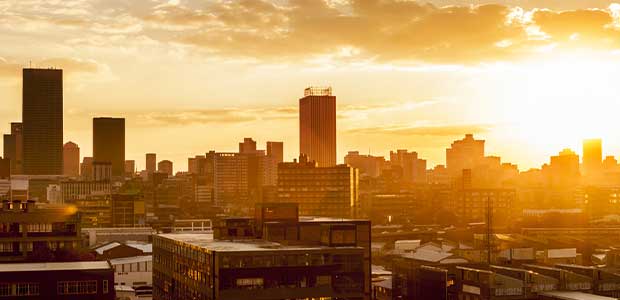
The average temperature around the world was 58.7 degrees Fahrenheit.

One year after the PFAS Strategic Roadmap was announced, the EPA is looking back at the progress it’s made.
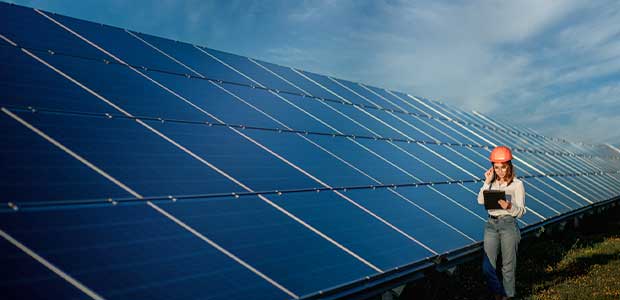
These devices can decrease emissions, improve air quality and limit global warming.